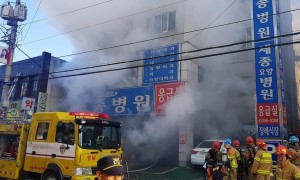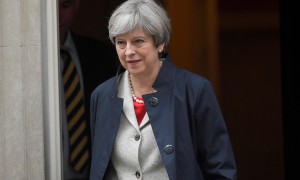The country also has policy tools in place to anchor the economy if "it slides below the appropriate range", he said after the closing meeting of the fourth session of the 12th National People's Congress in Beijing.
The Chinese economy is facing the challenge of restructuring and while performances have varied across different regions and industries, the economy as a whole "has great potential," he said. "We have full confidence in the long-term growth prospects of the Chinese economy."
The country will promote market competition and encourage innovation to unleash the economy's potential, Li said.
China is carrying out supply-side reform and pressing ahead with many market-boosting measures, such as the administrative streamlining initiative, to provide better services and facilitate business startups, he said.
The country still has ample room for investment to boost the economy, Li said — in the under developed central and western regions, for example.
The premier also said the authorities will step up financial supervision through better coordination between relevant departments, to ward off risks presented by the many financial innovation products on the market and the interconnection of different financial sectors.
"Coordination will be improved in financial regulation", he said.
China has resorted to reducing interest rate and banks' reserve requirement ratio to boost its economy after its GDP grew by 6.9 percent year-on-year in 2015, the slowest pace since 1990.
The premier said the aim of these moves was to stabilize the economy, not monetary easing.
China has set an annual year-on-year GDP growth target of 6.5-7 percent for this year.
The country plans to raise the deficit to GDP ratio to 3 percent this year, compared with 2.4 percent last year.
More than 2,800 deputies attended the closing meeting of the 12th NPC fourth session, which started on March 5.







